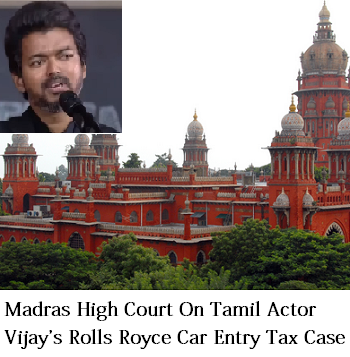One of the major process of legislation is not only providing new enactment but also to abrogate old laws that no longer serve any purpose for the proper functioning of legal system in a country. Decades old several laws are subjected to repeal and amendments from time to time. The repeal of an act is an absolute abolishment of that act and amendments are subject to exclusion or inclusion of provisions of the particular act to be amended. The repeal and amendment of any act is a true test for the efficacy of the legislature though there is no constitutional prohibition is on the legislature to act so, other than the legislative powers to create an enactment.
The Repealing and Amending Act, 2017 is a concise act, Act no 2 of 2018 came in to force on 5th January 2018 through extra ordinary gazette notification with four sections and two schedules. Section 2 of the act states specification of Acts that are repealed by virtue of this Act in the fourth column of the first Schedule and section 3 of the act states the amendments made on the act specified in the fourth column of the second schedule.
Section 4 of the savings clause of the act states any procedures implemented as per the prior repealed act on or before the commencement of the act will not be treated as ineffective. The act repealed 104 prior obsolete acts including 20 pre independence acts mentioned in the first schedule. Partial amendment on taxation amendment act 2007 is done by virtue of this act. Minor amendments were also made on the prevention and control of infectious and contagious disease of animals Act 2009, The Right of children to free and compulsory education act 2009 and The National Institutes of Technology, science, education and research Act 2007.
The repeal and amendment of acts were always controversial as at times repealing or amendment may have a reverse effect on the practice of the provisions of the act to be repealed or amended. There is always the possibility of manipulation of provisions on the proposed act to be repealed or amended. Although certain old acts have provisions that could be implemented for the betterment of the society due to improper or immature analysis of those act will only have a negative impact on repealing and amending. On the other hand if an obsolete act is repealed or amended the numbers of unnecessary laws will be reduced and the existing laws and its provisions can be implemented effectively for the smooth and proper functioning of a society. If an existing law is subject to unnecessary amendment also creates dilemma that will only result in the absolute ineffectiveness and confusions on the amended portions of the Act.






